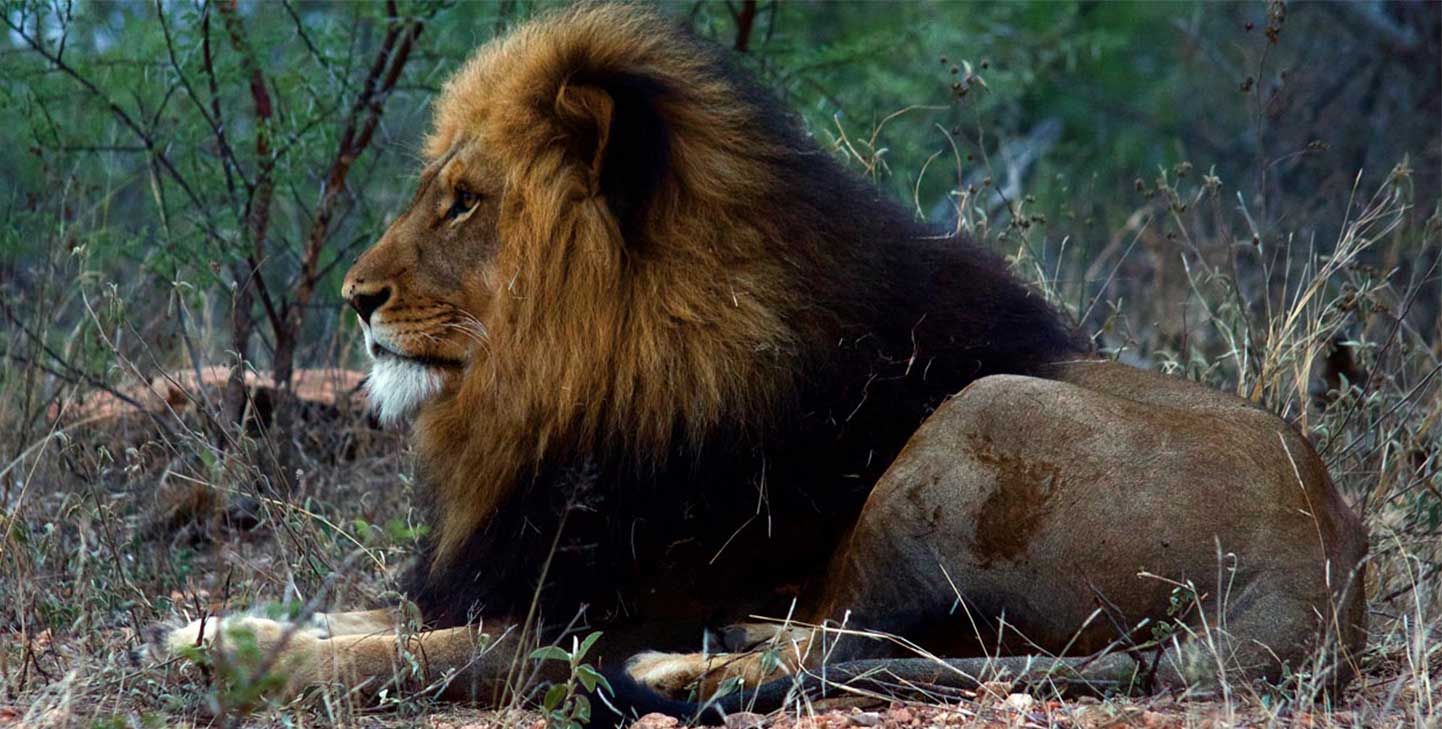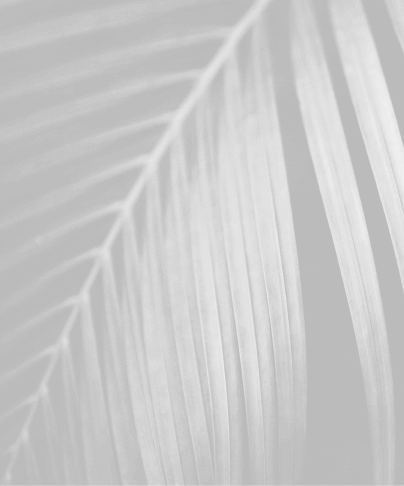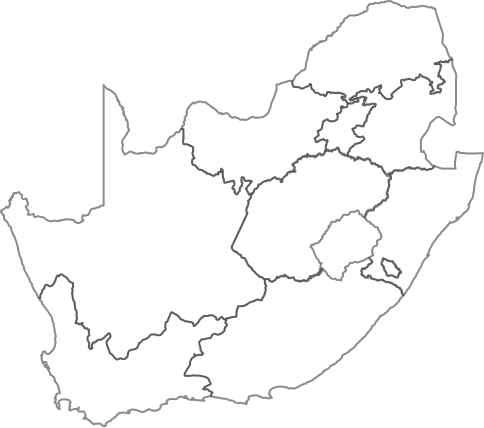Limpopo, South Africa
Volunteer in Limpopo
Join a safari conservation experience like no other.
Our research station is situated on a private game reserve in Limpopo, and is home to lion, leopard, cheetah, elephant, buffalo and rhino. You will work and live alongside these extraordinary animals as part of an international research team assisting in critical wildlife conservation work.
Critical science
You'll contribute to vital conservation research targeted at protecting the earth's most valuable ecosystems.
Ethical engagement
Using the UN's SDGs as a framework, we've made a commitment to positive, constructive and sustainable impact.
Beautiful adventures
You'll spend your days exploring some of the world's most breathtaking, exhilarating and remote wildernesses.
Included in your program, at no extra cost
Make the most of our unique programs with these exclusively curated local adventure and wellness experiences.
Offered once a month, expand your adventure with GVI Experiences. These are just some of the activities offered on your program!
Discover the medicinal uses of indigenous plants
Master basic bush survival skills
Watch a magical sunset at a watering hole
Enjoy a night sky safari












